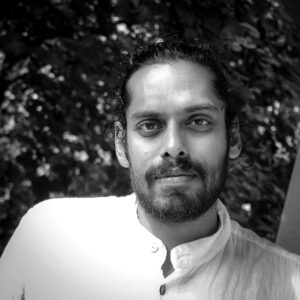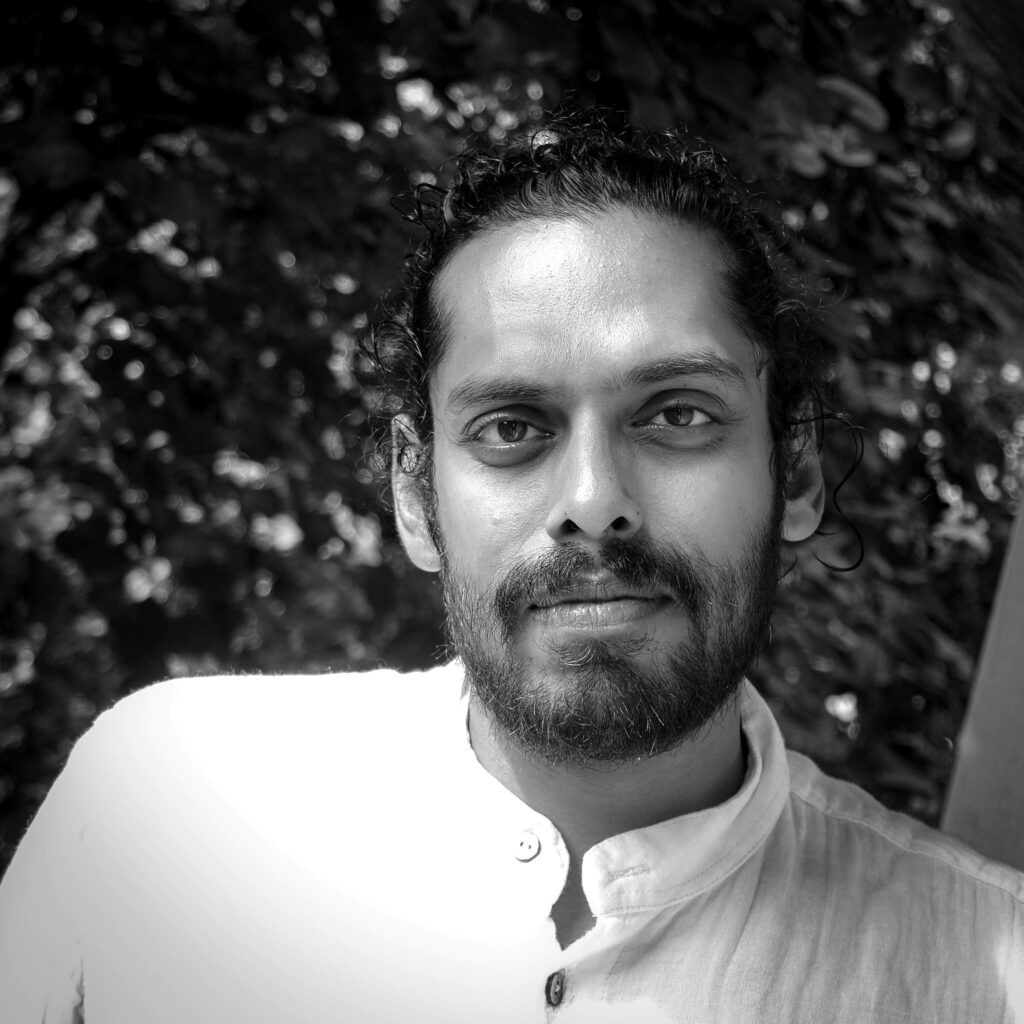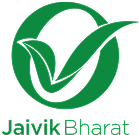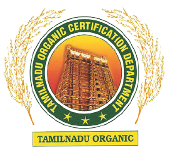


More and more people are beginning to realise that the central solution of our food crises today is change of scale from large agro-industrial factory farming to smaller community-human scale farming which opens up the possibility for direct interaction between growers and consumers.
Market gardening is an emerging profession for both traditional and new farmers where the farmers work with natural cycles to produce food throughout the year, either directly for consumers or for the market. Since market gardening relies on growing in and in-between the seasons, it requires a good amount of design and planning both for the crops as well as the execution of work.
This model is also a possibility to challenge the ‘poor farmer’ narrative, and develop self-reliance through ethical and agroecological farming. This course is for people who are either already farmers or wanting to become farmers, and are interested in market gardening. The course will offer design tools and practical knowledge and experiences for the participants to start exploring their market garden projects. The program includes 13 online sessions and an optional 4-week residential practicum at AuroOrchard, a 57-year-old community farm in Auroville which produces a diversity of vegetables and fruits throughout the year.

Anshul has a background in agriculture, soil microbiology, permaculture design, and education. He has been farming in different locations in India since 2014 and at AuroOrchard since 2019. At AuroOrchard, he has been experimenting with different farming methodologies and managing research projects on market gardening, orchard development, and ethical poultry. He is deeply interested in finding a solution for long-term food security for Auroville. He is currently a doctoral scholar at the California Institute of Integral Studies, USA, pursuing his research on the philosophy and practice of ‘integral agriculture’.

Anshul has a background in agriculture, soil microbiology, permaculture design, and education. He has been farming in different locations in India since 2014 and at AuroOrchard since 2019. At AuroOrchard, he has been experimenting with different farming methodologies and managing research projects on market gardening, orchard development, and ethical poultry. He is deeply interested in finding a solution for long-term food security for Auroville. He is currently a doctoral scholar at the California Institute of Integral Studies, USA, pursuing his research on the philosophy and practice of ‘integral agriculture’.
Each season brings its own rhythm and energy that impacts the ecological, social and psychological movement. Winter is a time of stillness and reflection. It is ideal for introspection, planning, and grounding work that restore balance and strength. This Winter course will help you to reflect on the objectives of your farming project and plan and design in preparation for Spring, the time to sow seeds of new possibilities.
The online sessions of the course will be conducted on Wednesdays from 9 am to 12 pm (IST) from February 18ᵗʰ, 2026 to May 13ᵗʰ, 2026 and cover topics including:
Soil food web
Project plan and design
Crop planning and calendar
Seeds & nursery
Water and space
Invisible structures
Integrated pest management
Harvesting, storage,
processing
While we meet together only once a week, participants will be given assignments for reading and research. The participants will also engage in sharing their insights, experiences and questions on an online platform throughout the week. This will help in continuous learning through the course from all participants and practitioners as well as receiving feedback on design ideas as we go along.
The optional farming residency at AuroOrchard, Auroville for the last month of the course includes daily work at the farm for a minimum of 5 hours every day (excluding Sundays). Participants do not need to confirm their choice for this option at the time of registration. We will host an information session in September for those who express interest in this option at the time of reThere will be time during the course where we can discuss this and participants can confirm if they wish to join by the 3rd week of the course.
The daily schedule at the farm will be:
Body practice
6:00 AM
Garden work
7:00 to 9:00 AM
Breakfast
9:00 to 9:30 AM
Garden work
9:30 AM to 12:00 PM
Lunch & break
12:00 to 2:00 PM
Personal project work & research
2:00 to 5:00 PM
This will be an opportunity to integrate the course modules with hands-on farm work. April is a busy month at the farm with intense nursery work and planting for the short Spring season. Participants will learn how the crop plan and design is implemented for diverse and continuous harvest. They will also engage in different aspects of the farm- vegetables, fruits, poultry, bees, soil preparation, compost preparation, pruning, mulching, harvesting, sorting, processing and distribution. There will be enough time daily for participants to reflect on the work and design their own projects.
You can read more about Auroville here.
The goal of the course is to give design skills to the participants for their farm work and we will start working on proposals and plans for each participant from the second week of the course itself.. Participants will engage in theoretical and practical research for their contexts, either at their own farm/garden or a place near them of their choice and start to build resources that will help them come up with crop plans and overall practice design. The last month of the course will be the time to deepen this work, especially for those who choose to join the residency at AuroOrchard. The participants will present their research, findings, experiences, proposals, designs in the last session on May 13ᵗʰ, 2026.
We want this course to be accessible to everyone, regardless of their financial situation. To make that possible, we use a sliding scale fee structure. Please choose the tier that feels right for your circumstances—we trust your judgment.
If none of these options work for you, please fill this form and we will set up a meeting with you to explore how best we can accommodate you.
If you are in a position of financial abundance, selecting this tier allows us to offer subsidized spaces for others who need it.
This is the actual cost of running the course. Please choose this tier if you can comfortably meet your needs and cover the cost of the program.
If you are in a position of financial abundance, selecting this tier allows us to offer subsidized spaces for others who need it.
This is the actual cost of running the course. Please choose this tier if you can comfortably meet your needs and cover the cost of the program.
This course focuses specifically on market gardening which is unique and first of its kind in India focusing specifically on year-long production for small scale and urban environments. The course is spread out over 3 months which makes it effective for self-study, reflection and meaningful design and feedback. The course will not cover PDC concepts like global systems, flow, patterns etc. Instead, the course is specifically focused on designing and maintaining a market garden with emphasis on crop planning and techniques of working with soil, water and the seasons. This course covers practical skills along with the necessary theory and philosophy so that participants have the tools to implement their designs after the course.
There is no learning substitute online or offline for getting your hands and feet in the soil. This course aims to offer the tools required to see the big picture of a farm in terms of planning and organisation so that your work in the field can be effective. The practical aspect of the course is self-directed during each week depending on the context and goals of the participants. The participants can choose to spend the last month of the course (4 weeks) at AuroOrchard in Auroville where all these ideas can be seen in practice and the participants can engage in hands-on learning. The online sessions are designed to respect the time and pace of the participants and allow for a balance of theory and practice that each participant needs.
We want to make this course accessible to everyone irrespective of their financial situation. The income from this course goes to support the people organising this course as well as the farm where this course is rooted. We have offered a sliding scale for the course fee for people to choose what is possible for them. If you need further assistance, please fill this form: AuroOrchard Course Scholarship Application, to tell us your story and what motivates you. We will try our best to accommodate you and not let money be a barrier for learning.
Yes, it is not mandatory to attend the last month of the course at AuroOrchard. We will continue to meet once a week during this month and you can join in from where you are. During this month, you can engage practically in your own project or on a farm near you and share that experience with the group. The residency at AuroOrchard is an option for participants who can travel, bear the extra cost of logistics and would like to engage more closely with the work of AuroOrchard to get a clearer idea of how the course ideas are practiced on a farm.
No, it is mandatory to have the foundation of the course during the first eight weeks which will make your time at the farm more effective and meaningful. If you are only interested in working at the farm, you are welcome to volunteer with us at any time. You can find more details here.
Please read our Terms & Conditions and Refund policy here.
Join our newsletter for exclusive updates!
AuroOrchard is certified organic by the Tamil Nadu Organic Certification (ORG/SC/1906/001683) Department accredited by APEDA (Agricultural and Processed Food Products Exports Development Authority), New Delhi, Ministry of Commerce and Industry, Government of India.


